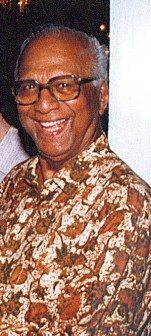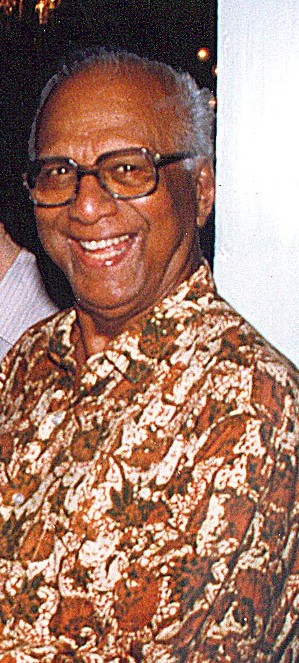Secret documents declassified on Friday by Britain’s MI5 security service reveal in detail how the U.K. under Prime Minister Winston Churchill constitutionally upended the Cheddi Jagan government here in the 1953.
The Associated Press reported that the documents reveal how British spies kept up intense scrutiny on Cheddi and Janet Jagan, who founded the People’s Progressive Party to campaign for independence from British rule.

Churchill’s government and the USA had feared that the fervently-communist Jagan and his American wife Janet would lead then British Guiana into the Soviet bloc.
Christopher Andrew, the spy agency’s official historian, said the files provide new details of the coup, and “further evidence that MI5 played a more important part in British decolonization than is often realized,” according to AP.
AP said that the 39 folders of files released by Britain’s National Archives are crammed full of tapped phone conversations, intercepted letters and accounts of physical surveillance over more than a decade, the report said.
In 1951, the year after the Jagans founded their party, an MI5 agent based in Trinidad and Tobago described them as “something new in British Guiana politics.”
“Both are able and intelligent and the mere fact that Janet Jagan is white, young and not unattractive in appearance lends considerable interest to her activities and those of her husband,” he said.
To British authorities, the Jagans were a headache. To the Americans, they were a potential Communist threat on America’s doorstep. MI5 concluded that the party was “not receiving any financial support from any Communist organization outside the country.”
Nonetheless, amid worsening strikes and unrest, Britain grew unhappy with the Jagans’ “disruptive antics”, AP reported.
After the party won a big majority in British Guiana’s 1953 election, making Cheddi Jagan prime minister, Churchill decided to act, the report said. “We ought surely to get American support in doing all that we can to break the Communist teeth in British Guiana,” Churchill wrote to his colonial secretary.
In the end, Britain acted alone, mounting a military operation code-named Operation Windsor. Churchill dispatched a warship, HMS Superb, and brought hundreds of troops by air and sea to secure key sites. On Oct. 9, Britain suspended British Guiana’s constitution, fired its legislators and arrested the Jagans. The surprise military operation went according to plan. The Trinidad-based MI5 officer noted with quiet satisfaction that “it was obvious that the PPP leaders had no idea that the Constitution would be suspended or that they might be arrested,” the report said.
For the next three years, British Guiana was ruled under emergency powers by the British governor and appointed officials, and the Jagans were kept under house arrest and intensive surveillance.
In the years that followed, the AP report said that MI5 softened somewhat toward Cheddi Jagan, acknowledging that he was an astute and popular politician — though the agent based in Trinidad strongly disliked Janet Jagan, whom he described as a committed Communist “uncompromising in her hatreds.”
By the 1960s, Britain’s spies worried the Jagans would turn to newly Communist Cuba, possibly making Guyana a base for Latin American revolutionaries.
The Jagans remained a major force in Guyanese politics, and Cheddi Jagan became prime minister again in 1961, when the batch of MI5 files ends.
After the Cold War ended, Cheddi Jagan served as president of Guyana from 1992 until his death in 1997. His wife succeeded him between 1997 and 1999.

